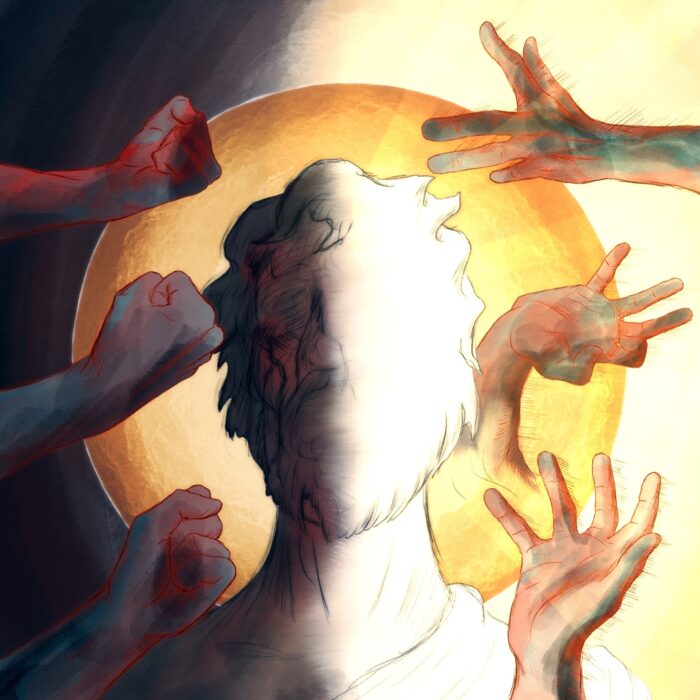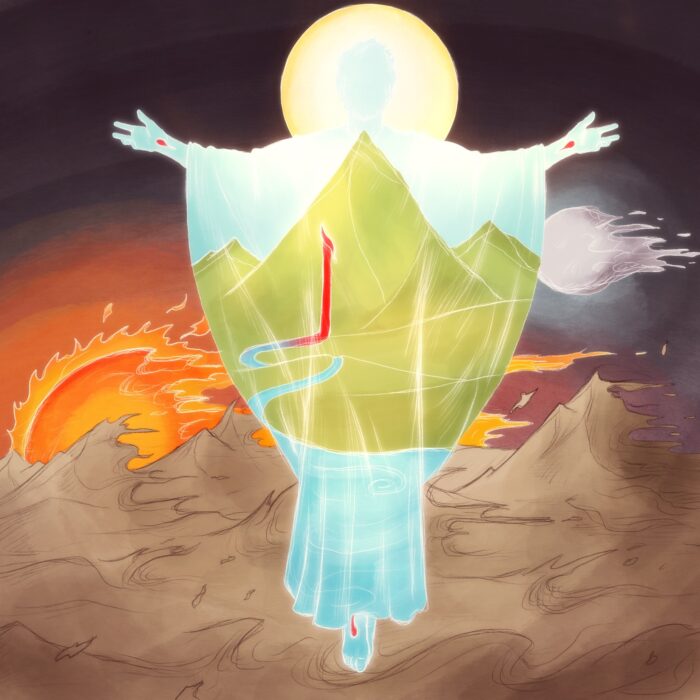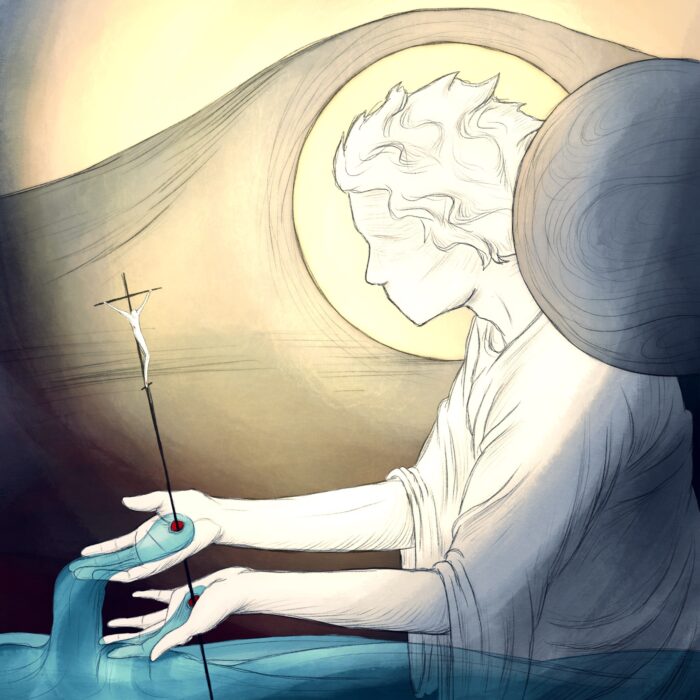Isaiah 65:13-14


Isaiah 65:13-14, “Behold, my servants shall eat, but you shall go hungry; behold, my servants shall drink, but you shall be thirsty; behold, my servants shall rejoice, but you shall be put to shame; behold, my servants shall sing for gladness of heart, but you shall cry out for pain of heart and shall wail for breaking of spirit.”
As I was reading through these verses in Isaiah 65 I was struck by the poetic contrast that God establishes between the idolaters (the “you” to whom He is speaking), and his servants (the chosen remnant of His people). At every point the curse against God’s enemies is the inverse of the blessing enjoyed by His people.
In the context, this section is anticipating the eschatological vindication of God’s people and condemnation of His enemies. The balanced contrast of curse and blessing serves to highlight the totality and completeness of punishment and reward.
However, how can we–who have seen our salvation purchased by the substitutionary death of another, who have seen the Beloved One become a curse to save us from the curse, who has seen the Sinless One become sin so that we might become righteousness in Him, who have seen another bear our sins and who are healed by the wounds of our Lord–how can we read these words and not hear the echoes of Calvary?
Yes, these words are directed toward the settled enemies of God….but did Christ not become an “enemy” of God on the cross in our place? In light of Christ’s substitutionary love at the cross (and it’s clear foreshadowing just a few chapters earlier in Isaiah 53), I think a Christian reading of Isaiah 65:13-14 entails recognizing the person and work of the Son in this unrelenting list of curses. Before these words will be spoken with finality over the enemies of God, they were spoken for His enemy’s sake over the Son of God on the cross.
We–former enemies–can see ourselves as the “servants” in Isaiah 65:13-14 and not the “you,” only because the Speaker would take on flesh and stand as the “you” for us all.



